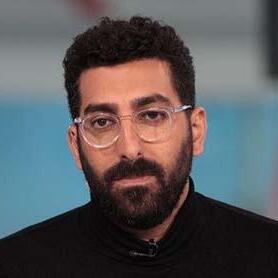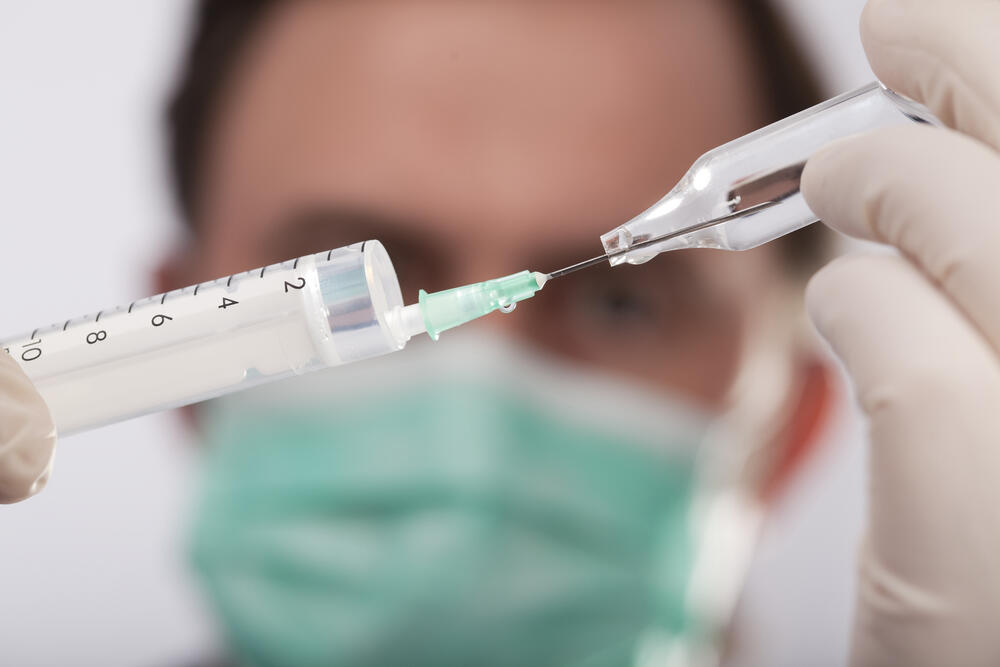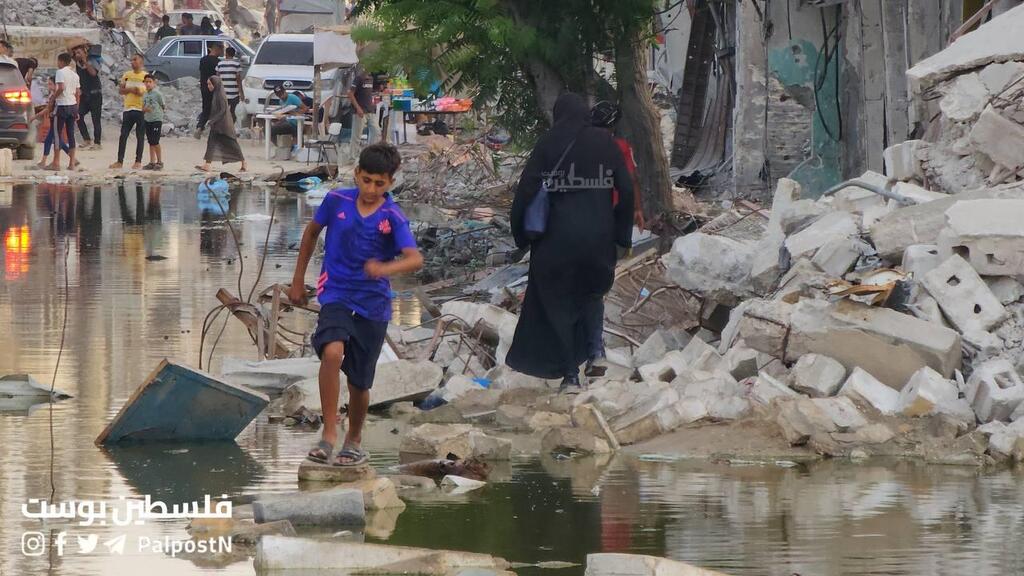In response to the detection of poliovirus traces in Gaza's sewage and at the behest of the Ministry of Health, the IDF has commenced a vaccination campaign for combat soldiers and support personnel. Dr. Bibiana Hazan, head of the Infectious Diseases Unit at Emek Medical Center of the Clalit Group, elucidates the nature of the poliovirus, its transmission mechanisms, the reasons for its resurgence, and its potential risks to adults.
IDF underscores there is currently no evidence of a polio epidemic among Gaza residents, and approximately 95% of soldiers have already been vaccinated during childhood. The supplementary vaccination campaign aims to further mitigate the already low risk of infection among soldiers from a virus that can, in rare cases, result in paralysis.
Simultaneously, medical teams stationed with IDF forces have been instructed to remain vigilant for flu-like symptoms that may also indicate polio infection. The vaccine to be administered is the IPV (inactivated poliovirus vaccine), which is part of the pentavalent vaccine currently given in several doses to infants at two months, four months, six months, and one year of age.
Dr. Hazan, the Ministry of Health reported that water samples from Gaza showed the presence of the virus, which can be contagious. Most of us were vaccinated as children; shouldn’t we be protected for life?
"Not quite. We do not vaccinate adults in Israel because the virus does not exist here; it is not active and does not circulate among us, as most, if not all, of us are vaccinated. However, the situation in Gaza is different. People traveling to regions like the East receive a booster dose because the virus is still active there. We are currently in a similar situation in Gaza, which is why the Ministry of Health has recommended administering a booster dose of the inactivated polio vaccine to all soldiers in Gaza or those who will enter Gaza, to prevent them from getting infected and bringing the virus back to Israel."
Polio (Poliomyelitis) is an infectious disease caused by the poliovirus, which belongs to the group of enteroviruses. The virus is transmitted person-to-person through contact with secretions (primarily feces, but respiratory secretions are also possible) and multiplies in the digestive tract of the infected individual. In most cases of infection (80%-90%), there are no symptoms. In 10%-20% of cases, the disease manifests with general symptoms such as fever, headaches, abdominal pain, nausea, vomiting, or sore throat. In rare instances, it can present as meningitis.
According to the Ministry of Health website, the main concern with the poliovirus occurs in less than 1% of cases: the appearance of flaccid paralysis of limbs, hence the disease is called "infantile paralysis." The severity of the paralysis depends on the number of affected nerve cells. Paralysis occurs more frequently in the lower limbs and can be accompanied by severe muscle pain. Respiratory muscle paralysis may occur, necessitating ventilation (this led to the term "iron lungs" in the 1950s for those affected in this way by the virus and required artificial ventilation).
There is no cure for polio, and paralysis caused by it cannot be reversed, but the disease can be entirely prevented through vaccination, according to the routine immunization schedule in Israel. The polio vaccine is the most effective means of preventing polio infection and protecting against the disease. The vaccine has been known and used worldwide for decades and has been administered in billions of doses.
What can this virus do to us if we get sick?
"This virus belongs to the group of enteroviruses; it enters through drinking or eating, mainly contaminated water, and exits through the digestive system. This is why infants receive the vaccine in drops, which is a live attenuated vaccine, and parents are advised to handle their excretions and diapers carefully for a month, dispose of the diaper in a bag, and wash hands thoroughly after handling the baby. Due to this fact, this vaccine is not given when there are immunocompromised individuals at home.
"The disease usually has no symptoms, sometimes there is diarrhea, and in very rare cases, it causes paralysis. Hence, it is called infantile paralysis, but it can also affect unvaccinated adults. When the disease strikes, we see a type of flaccid paralysis, meaning paralysis with very low muscle tone, which in the past required ventilation because even the respiratory muscles remained paralyzed."
Dr. Bibiana Hazan: "Since 1958, the polio vaccine has been available in Israel, and most of the population is vaccinated. It's time to call on parents whose children have not been vaccinated to come and vaccinate them. The disease exists beyond the fence. Soldiers can return with the virus, even if they don't know it."
 Dr. Bibiana HazanPhoto: Private album
Dr. Bibiana HazanPhoto: Private albumDo people who contract polio remain ill for life, and does their condition worsen with age?
"Not always. Most recover, and in some, we never reach a diagnosis because the disease is mild. In those who do not recover, disability remains and worsens over the years. But since 1958, the vaccine against the disease has been available in Israel, and most of the population is vaccinated. It's time to call on parents whose children have not been vaccinated to come and vaccinate their children. The disease exists beyond the fence. Soldiers can return with the virus, even if they don't know it."
Two years ago, there was a localized outbreak of the poliovirus in Israel, and the Ministry of Health also recommended vaccination for those who had not been vaccinated and a booster for those who had, to further reduce the risk of infection. IDF states that there is no shortage of the vaccine, and it will be provided to all soldiers entering Gaza who want it, further stating that the known side effect profile of the vaccine is minimal.
Alongside the vaccination campaign for soldiers, the IDF is working with various organizations to introduce vaccines intended for the population in Gaza. Since the beginning of the war, in cooperation with international organizations, approximately 300,000 polio vaccines have been brought into Gaza, sufficient for over a million Gazan citizens. These days, it was reported, that the Coordinator of Government Activities in the Territories, Major General Ghassan Alian, is in contact with the international community to facilitate the entry of additional polio vaccine doses for the residents of Gaza.
Last week, Ynet reporters Yoav Zitun and Einav Halabi reported for the first time that Israel is initiating extensive repairs to the sanitation system in the cities of the displaced: renovating sewage lines and treatment plants that were damaged and caused sewage floods and large puddles. In addition, damaged power lines will be restored.





